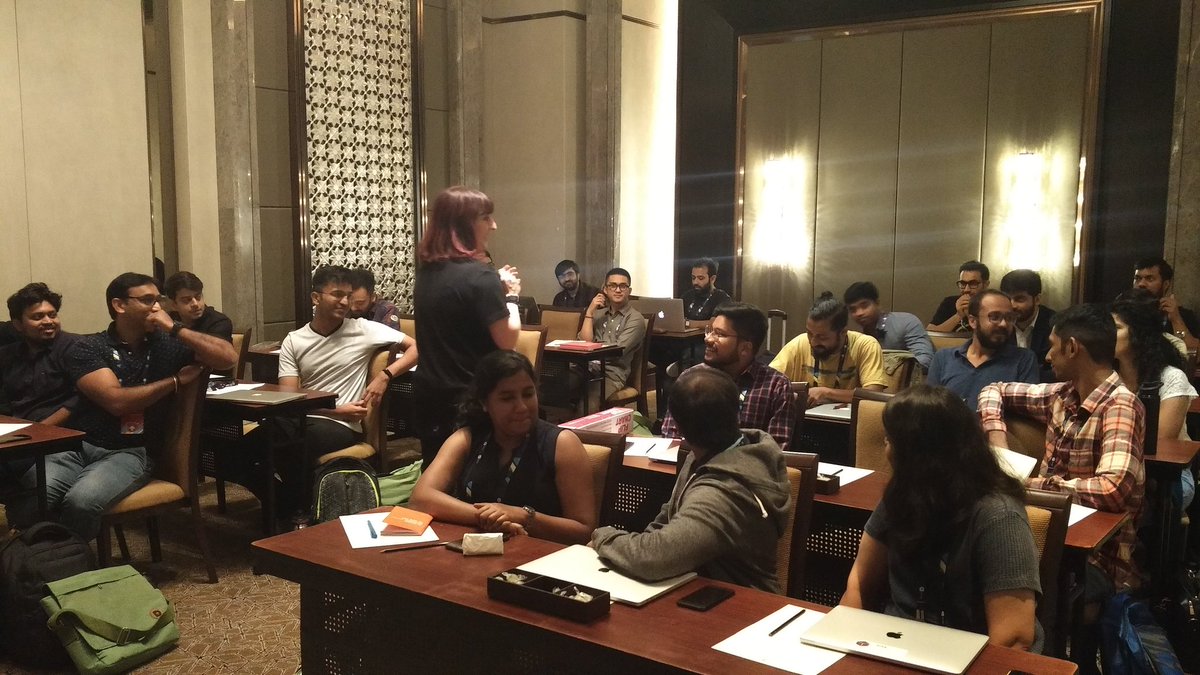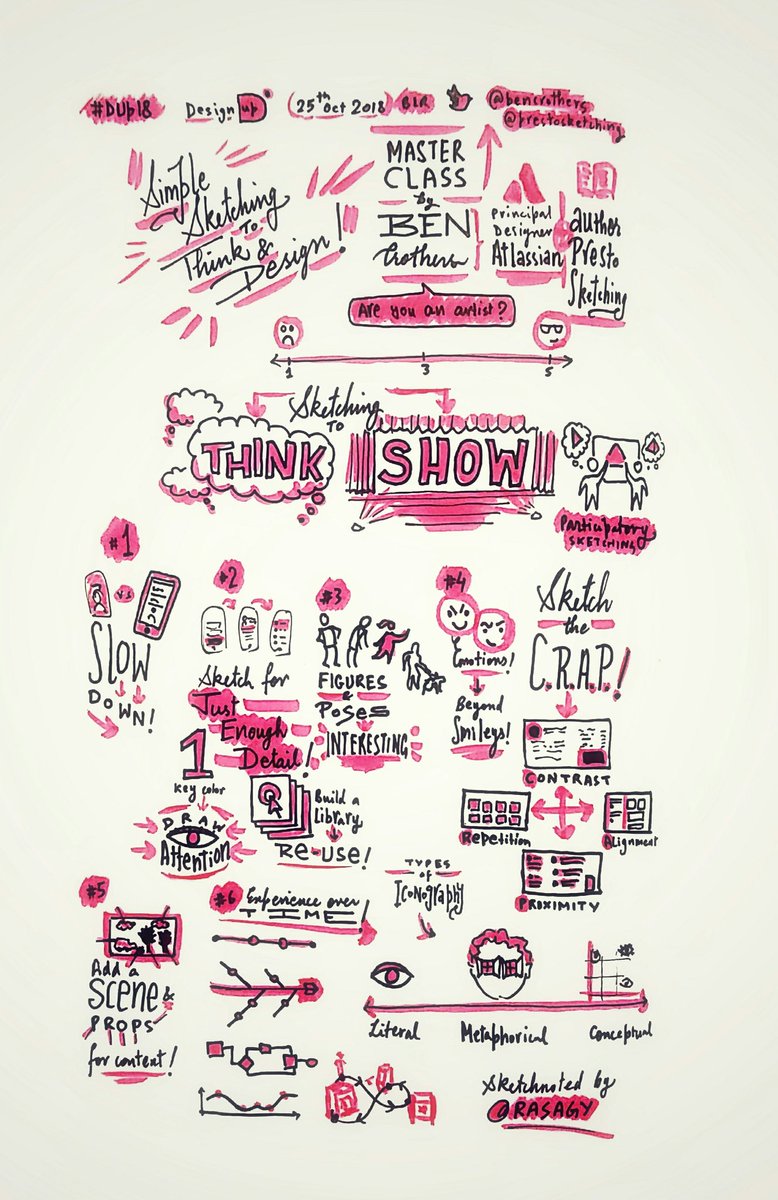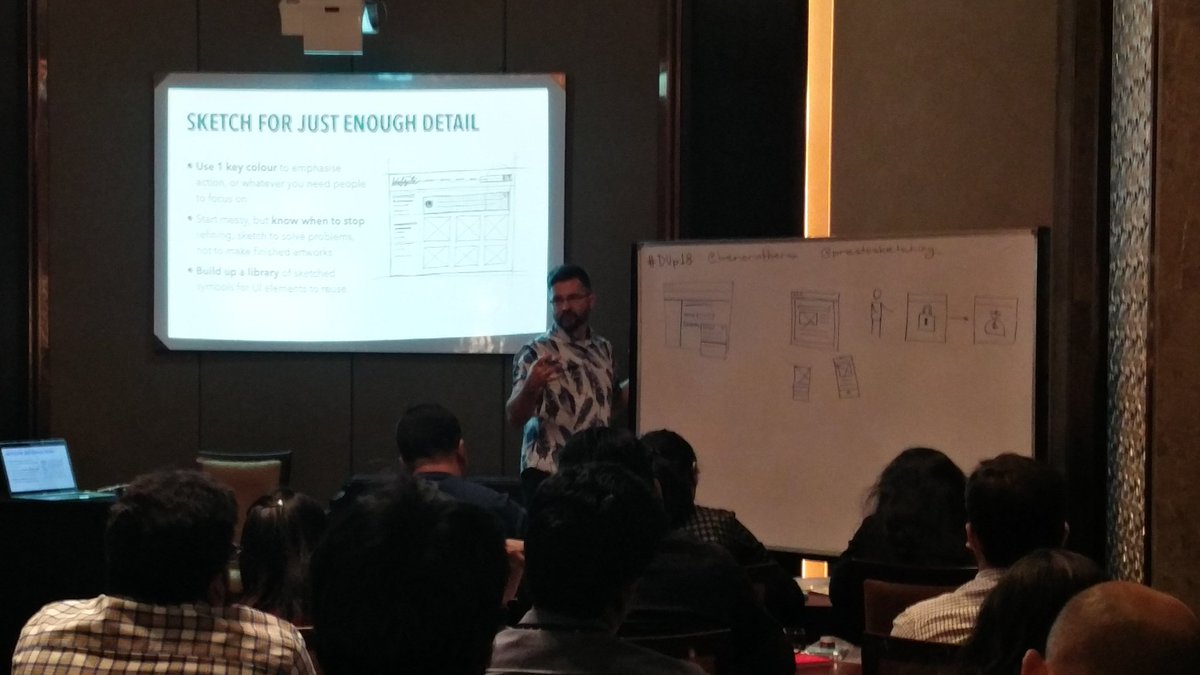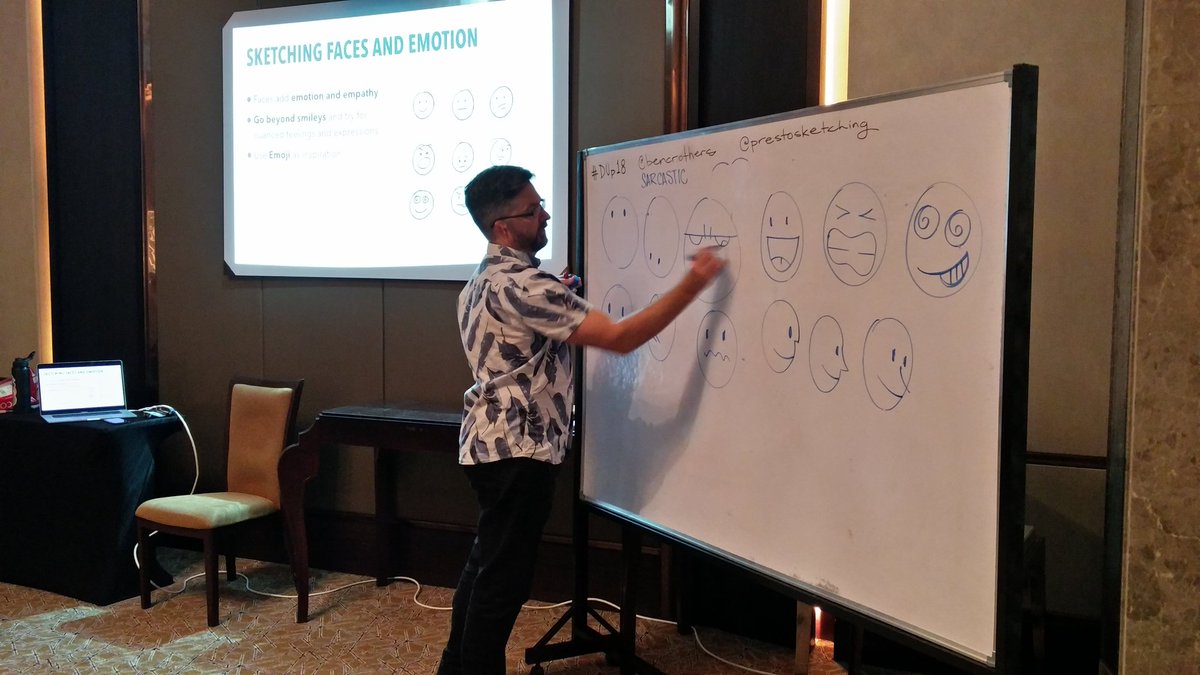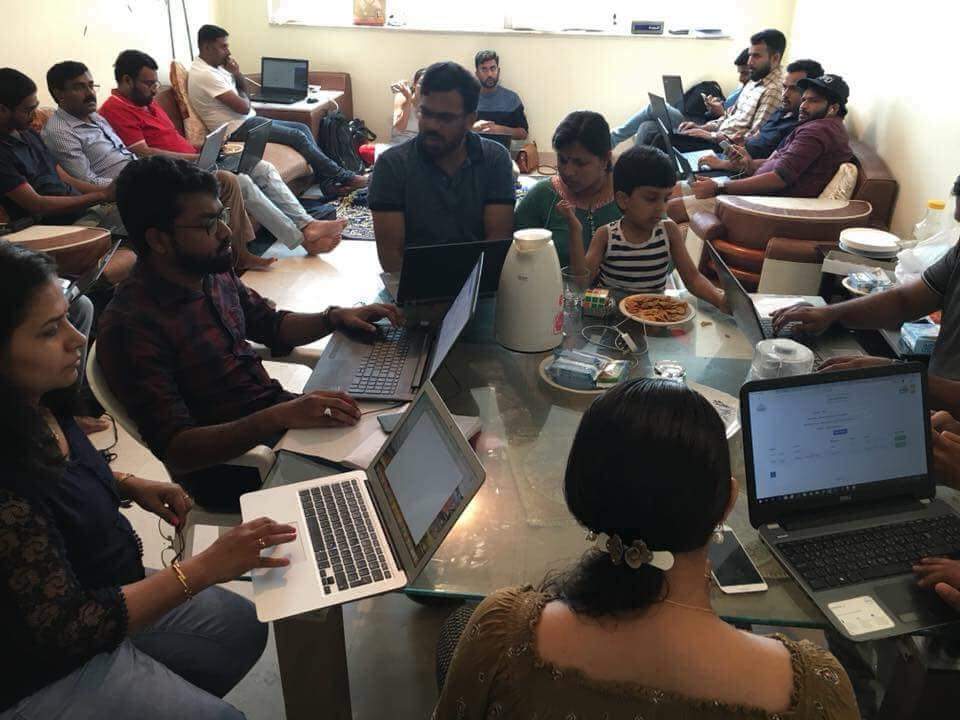We’re scratching the surface of what this means.
These students wrestled & wondered with me. What a gift—amidst my own wrestling and wondering—a group of someones could enter a space & do the same.
The whole world cracked open. We lived inside of that for some moments. For a second, we all understood.
Some students looked at me like "...huh?" Some gave me a side eye. Some shrugged and did it.
Stories are everywhere, folks.
We are all magic.

